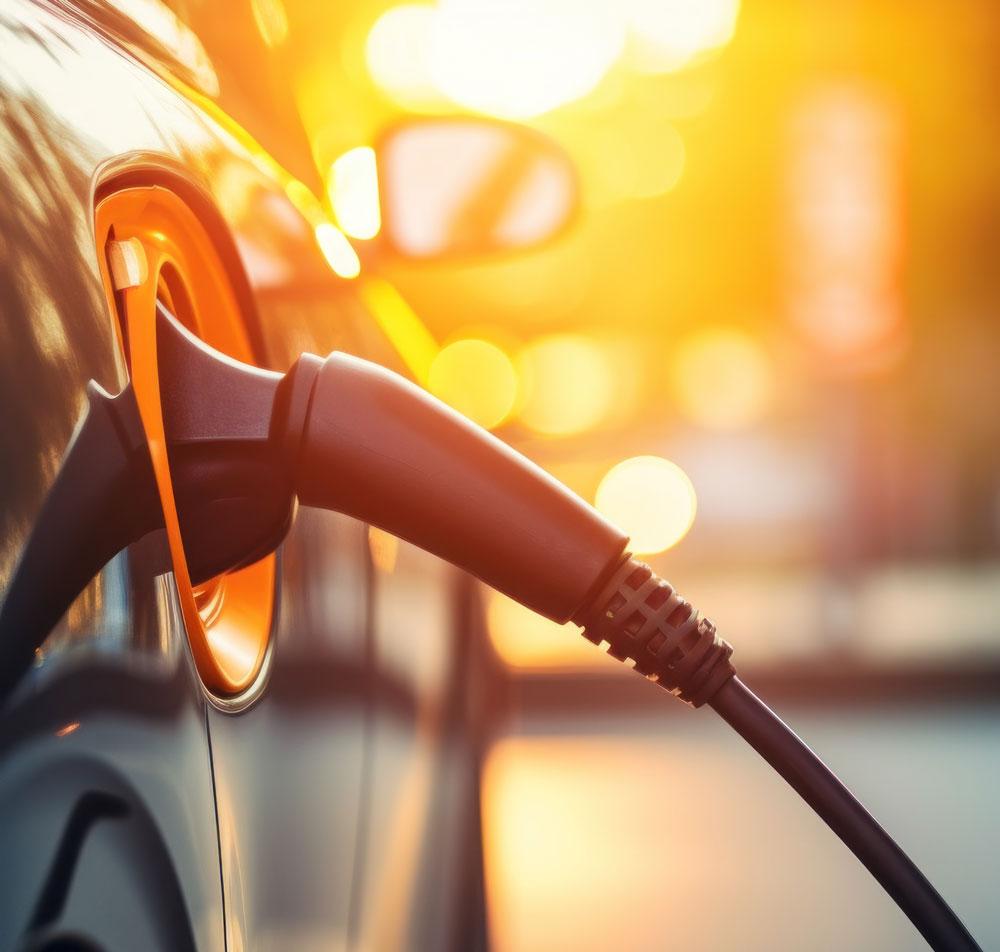The BVRLA’s Toby Poston discusses its key asks of government for the fleet sector, as outlined in its ‘Future of Fleets’ Manifesto, which will help deliver road transport’s contribution to the net zero challenge
A change is coming. Within the next 12 months we will see a general election that will redraw the dividing lines in Parliament. The new government will be elected with a post-Brexit, post-Covid mandate, and an expectation to deliver from day one.
An election often brings optimism. The prospect of a fresh start appeals to many, and a newly elected government will present new ideas and possess a desire to hit the ground running.
Now is the time to influence their thinking. We need to make our voice heard today, by the decision makers of tomorrow. The BVRLA’s Parliamentary Reception a few weeks ago brought MPs of all parties together with our members, fleet operators and other key stakeholders from the fleet sector.
We launched our ‘Future of Fleets’ Manifesto, setting out the ways our sector can work with policymakers to deliver road transport’s contribution to the Net Zero challenge. The Manifesto is split into three critical asks – certainty, focus and fairness.
We are collectively responsible for the majority of zero-emission vehicles on UK roads, but the positive work to date risks being undone if the remaining barriers on the Road to Zero are not addressed.
Greater certainty around tax and regulation will provide the clarity that fleets need to carry on investing in the transition. By focusing on the key pain points we can unleash a new wave of zero emission transport use cases. With more fairness we will ensure that no road users are left behind.
Certainty breeds confidence
Businesses rely on long-term strategic plans to manage budgets, investments, headcount, and everything in between. Those plans can only be made effectively with knowledge of what is coming down the tracks. Our manifesto reinforces our calls for policies impacting the foundation of our industry to be clear. The ZEV mandate sets the goalposts for decarbonisation, whereas a transport tax road map and long-term strategic pathways for trucks and charging will determine how the transition is managed by those leading the way.
The ZEV mandate is confirmed to come in from January 2024 and has binding targets up to 2030. Beyond that, proposals need to be enshrined into legislation and protected from being a political football that will see timings moved if opinion polls change. The topic of future road pricing has been kicked into the long grass and time is running out to develop a system that will work for road users.
Targeted support
The question of focus also needs to be answered. The government won’t have a bottomless pit of money to support every opportunity. Targeting support and shaping policies to meet the right needs is essential. The majority of positive progress towards electric vehicles has been seen with cars, primarily through company car schemes and fleet operators. Use cases here are certainly varied, but the solutions are much more homogenous than when compared to van and truck users. This has enabled widespread charging and taxation solutions for cars to be developed and rolled out en masse.
With that relatively ‘low-hanging’ fruit picked off, focus needs to be put on the more challenging cases with the bigger barriers to overcome.
What do we mean when we talk about a ‘fair’ transition? The UK’s drive to decarbonise isn’t limited to certain sectors or regions. It is nationwide and requires everybody to play a part and be on the journey. Drivers that rely on the used market, and the rental sector are two examples where large groups risk being left behind. Support for both sectors will give ZEV adoption the boost it needs to fully succeed. Driver education campaigns, proportionate tax regimes and complementary fiscal incentives, hand in hand with an ever-expanding charging network, will enable more drivers to feel comfortable making the switch.
None of this will happen overnight. Prolonged, proactive collaboration between industry and the government will make the difference.
Anyone doubting whether it can be done just needs to look back at how far we have come already.

